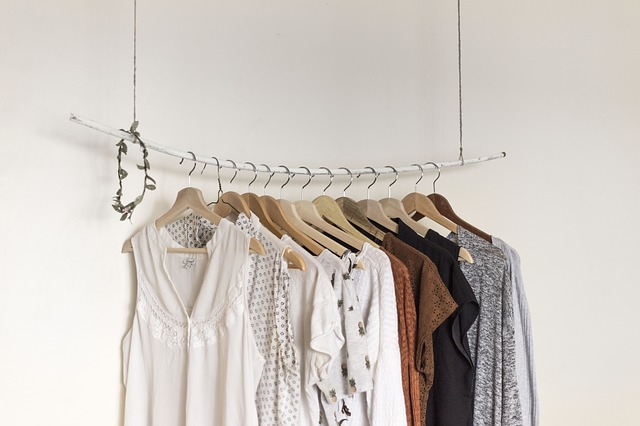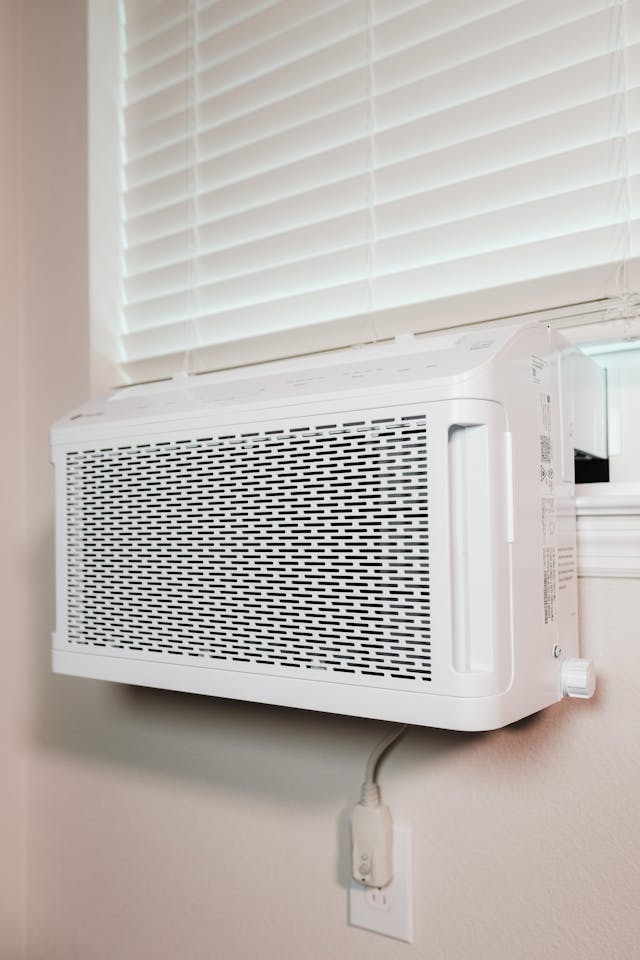It’s a common occurrence in Nurseries and Child Care Centers around the globe. Facilities condone the practice of spraying toys with Lysol Disinfectant Spray (or another similar product), allowing toys to air dry, and returning them immediately for use.
What they often don’t realize, is that this is not the intended use for Lysol Spray. In fact, leaving Lysol Disinfectant residue on toys and surfaces is a chemical hazard, and can cause serious health risks in young children who come in contact with them.
The Health Risks of Lysol Disinfectant Spray
The ingredients in Lysol Spray carries significant health risks, more so than other disinfectant products of it’s kind. It contains denatured ethanol, which can affect the eyes, mucous membranes, and can affect the central nervous system if inhaled or ingested.
Lysol Disinfectant Spray also contains ammonium hydroxide, which is thought to be a respiratory toxin, and is linked to serious health conditions such as bronchitis, pulmonary edema, emphysema, and cancer.
How to use Lysol Disinfectant Spray Properly
When using any product that contains chemicals, I urge you to read the directions carefully before use. Lysol Disinfectant Spray should be used away from children and animals, in a well-ventilated area, and all toys and surfaces should be rinsed with warm water after application to remove any chemicals.
Read your bottle of Lysol Disinfectant Spray for specific instructions.
Alternative Options for Disinfecting Children’s Toys
Disinfecting toys without the use of toxic chemicals is easy.
Vinegar is an effective disinfectant, and can be used as a spray on toys and surfaces, or to soak toys. It can be used in concentrated form or diluted with water. Try a 50/50 mix of distilled vinegar and water. Allow toys to air dry before returning for use.
Toys can also be washed in hot, soapy water, rinsed, allowed to dry, and returned for use.
What You Can Do
Have you personally seen the misuse of Lysol Disinfectant Spray? If so, what can you do to alert those involved and let them know that you are concerned?
If you are involved with the facility directly, the first step would be to approach the director and let them know that you are concerned about the misuse of disinfectant sprays and about the safety of the children. You can then direct them to information about the correct use of Lysol Spray, and about other less hazardous methods of disinfecting toys and equipment.
The next step is to write a letter to any local churches, daycares, preschools, and other facilities in your area that deal with children’s toys and equipment. The letter should inform them of this common error and what they can do about it.
Sign the Petition
The makers of Lysol are mostly responsible for the misuse of their product. Commercials representing Lysol Disinfectant Spray depict a mother spraying toys and surfaces, but never depict the mother washing off the chemicals. In other words, they never show the mother completing the process of correct use, as if to misrepresent the product’s correct use, and to create a false assumption of it’s ease of use.
If you think that the makers of Lysol should apologize and correct this false assumption they have created, Sign the Petition.



Our day care didn’t use Lysol. The state licensing board advocates using bleach diluted with water (which I like a lot less than vinegar because it’s not edible but as one friend of mine pointed out bleach does break down when diluted and over time). The ratio is 10 parts water to 1 part bleach. You do have to be more careful because it can whiten the colors of things and be harmful if it’s not diluted properly unlike Vinegar.
Household vinegar is only a 5% solution, meaning the bottle is 95% water. No need to dilute further. I would not rely only upon the disinfecting power of household vinegar however. It’s just not strong enough to kill a lot of germs, from what I’ve read. A very dilute bleach solution (the bottle gives the strength, and it’s very little, like 2 Tbs per gallon) will air dry and not require further treatment. Bleach must be kept away from children because it is quite dangerous in its undiluted form. But as chemists say, “dilution is the solution.” And it breaks down into water and salt over a very short time. JMHO
Melaleuca has a natural option!: Soluguard- kills 99.9% of germs and even the AIDS virus and H1N1 with the power of lemon and thyme!! It’s cost-effective, too. A must have! Email me for information –ams@bresnan.net
If this product is used inappropriately like for “disinfecting” the air and sprayed every 15 mins in a very small office with no ventilation but an open door, if its breathed what can happen to ones body?
I’m with Brittany. What does this do to you. Because I am in a small office where they spray everytime someone coughs or sneezes.
It gives me headaches from breathing the Lysol.
I have complained to HR and they “compromised” by telling the people who do the spraying that they should just be spraying on hard surfaces, not into the air.
I personally think this is just as dangerous. The fumes go everywhere.
You are right Tara. It is not safe to be spraying, even on surfaces without cleaning them off with water afterward. I hope you find a solution in your office.
I have the same problem in our office. The staff saturate everything (meaning nearly a whole can of the stuff) if someone reports having a fever or being sick. I have multiple chemical sensitivities and this causing me to having breathing problems, my eyes burn, and I get a headache. I have told the director repeatedly and she just insists they keep doing it the same way. The nurse suggested a bleach solution, as have I, but they disregard it. In fact, I feel very discriminated against because of their attitude. They also refuse to read the directions. It’s a rural area, so that explains a lot.
One guy in the Army was so afraid of germs, he would spray his personal can of disinfectant on the toilet seats before using them. After a few days, he had to go on sick call because the disinfectant gave him a rash on his bum.
We have 1000’s of fruit flies. I never sprayed Lysol in my kitchen b4 but I do spray these flies. The spray accumulates on my counters and cupboard doors. It also often sprays my cutting board. I do wipe these surfaces with hot water a few hours after I spray but is all this spray going to contaminate my kitchen.
Ann, i think if you wipe everything down and have open ventelation you’ll be OK.
why do you need to wipe down after spraying? Just curious?
The vinegar? It’s totally up to you. Vinegar is obviously safe to consume, so it’s safe to let it air dry.
I just wanted to mention that for regular disinfecting/sanitizing, a vinegar solution is definitely preferred. But if you have concerned about serious viruses, like hantavirus after a confirmed rat and/or mouse sighting, it’s best to use a bleach/water mixture since there is no peer-reviewed evidence to show that vinegar/water mixtures kill such viruses like a chlorine bleach solution or disinfectant will. Of course, just because there is no population-based evidence, it doesn’t necessarily mean it is ineffective, but considering we found a wood rat that came from outside into the house (and may have possibly touched some of my daughter’s toys), I’m not taking a chance. I sprayed the chlorine bleach mixture on a towel, safely wiped the color-safe toys in question, let it dry, and then rinsed it. It wasn’t worth the risk. I completely believe in using as little chemicals as possible around my little one, but I just wanted to throw that out there (as an epidemiologist and professor, I try to make sure that I’m using the best evidence in choosing things for my daughter). Thanks for your post.
I’m paranoid about getting the flu I’m a Sahm and my kids are sick from time to time so I take lysol spray and wipes and use them on my face and hands i know this is not good but I do wash it off after 20mins or so and only when Im caring for the sick kids because my husband runs to our sons apartment when the house is full of the flu. And Im left here with the sick kids to nurse them back to help any better ideas?